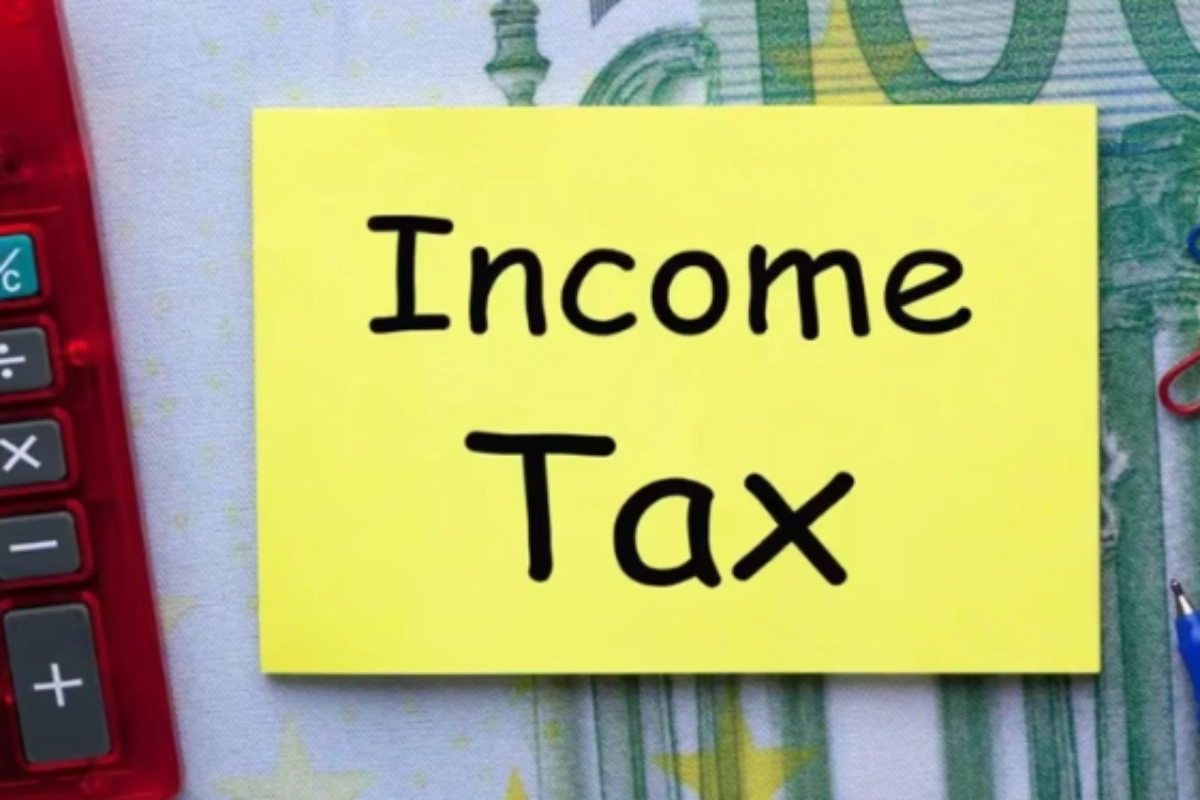Income Tax News: People occasionally may not be aware of the deadline for a variety of reasons, including not getting notifications, missing correspondence, or mistaking deadlines.- Furthermore, it is possible for someone to experience financial hardships or difficulties that prevent them from saving up the money needed to pay for expert tax assistance or to cover any potential tax liabilities, which could cause delays.
Consequences of Missing the ITR Deadline
On the other hand, failing to file income tax returns (ITRs) by December 31 may result in penalties, interest on overdue taxes, and a delay in getting possible refunds. As a result, it’s critical to remember the deadlines and make an effort to file your ITR on time.
How To file an ITR
Take the actions listed below to submit your ITR on time.
DON'T MISS
- Use your PAN and password to log in to the Income Tax e-Filing Portal (incometaxindiaefiling.gov).
- Select the electronic file.
- The taxpayer would have to choose between online and offline submission modes for the “Assessment Year” and “Submission Mode” on the Income Tax Return Page.
- If the taxpayer chooses to file “offline,” the website will additionally request that the taxpayer select “Filing Type” (original, revised, or belated) and “ITR Form” (ITR-1, 2, 3, etc.). The taxpayer will then need to upload the ITR in the appropriate format.
- If the taxpayer chooses “Online,” they will have to file their return through the website.
What happens if you miss the deadline of December 31?
Dr. Suresh Surana, Founder, RSM says that, “Any taxpayer who fails to furnish a belated return on or before December 31 may still be eligible to file an updated return u/s Section 139(8A) of the IT Act within 24 months from the end of the relevant assessment year. However, the updated return cannot be filed if such an updated return in certain cases where it constitutes a loss return or a nil return, in case of pendency of any assessment or reassessment proceedings, in case of initiation of search or survey or prosecution proceedings, etc.”
It is important to remember, though, that under Section 140B of the IT Act, the taxpayer would also have to pay an additional tax equal to 25% of the total amount of taxes and interest that are owed. If the amended return is submitted after the relevant assessment year has ended but before the 24-month period has passed, the additional tax will be increased to 50%.
Keep watching our YouTube Channel ‘DNP INDIA’. Also, please subscribe and follow us on FACEBOOK, INSTAGRAM, and TWITTER
